There is something, that if you don' t know me already won't come as much of a shock, I'm very ADD in my thinking.
Let me give you an example. While I was listening to the radio this morning the Glenn Beck show came on. (It happens.) Either way, I remembered awhile back about Beck getting onto a tirade about books that every parent should force their child to read.
That got me to thinking: what books should every child read at some point in their education? What books will they actually get something out of.
Many would say to look at the classics like Homer's epic poems, or something from Charles Dickens. Um, not so much. I've been forced to teach The Iliad and The Odyssey along with David Copperfield and A Christmas Carol. My students gained nothing from these novels. They actually stopped reading them after the first few "chapters."
This is a short list of books that I found gave great life lessons and that students actually took an interest in.
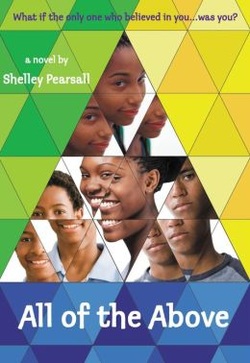
# 5: All of the Above. This novel is written by a Cleveland, Ohio native about a school in Cleveland, Ohio. Actually, it's about the students at the school in Cleveland.
Students at a Cleveland middle school have lost all interest in their math class. Not that they had any to begin with. Yet, their burned out math teacher has one last thing to try; building the world's largest tetrahedron.
During the process, students who are unlikely to work on anything together manage to get a whole community to support their project along with new friends to help support them.
This book is great for teaching conflict. Not just the typical Man vs. Man, Man vs. Nature, Man vs. Self, Man vs. Society, but it is perfect for teaching internal and external conflict. Students tend to relate to these characters also. The language used is modern (clean) slang and the students have always easily understood what the characters are going through.
Out of all the years I have taught this book, my entire class finishes it on their own before they even think about finishing it with me.
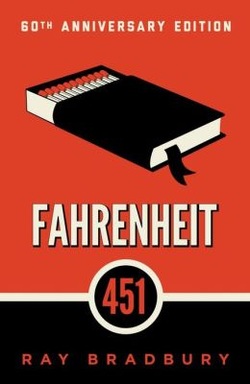
# 4 Fahrenheit 451: Want to talk to your children (or students) about Big Brother, try this novel.
A local fireman is getting board with his job. Almost no one needs firemen anymore. At least not for the job that the government has intended it to do: burn books that encourage free thinking and creativity. The world has become a place of government induced fear and socialism in it's purest form.
Just like All of the Above, Fahrenheit 451 has great lesson in conflict. It also teaches about different government systems and takes a "What if..." approach to the extremes. Bradbury made sure to give a staunch warning to all of his reader about a world to freedom was only a delusion and the government had full control over everyone's lives, much like George Orwell's 1984.
Beware, however, of the language. Fahrenheit 451 has been banned in schools because of the amount of cursing. The "F" bomb is dropped more than a couple of times.
To go along with 451, Bradbury has some other great classics that teach about science fiction and other social issues:
There Will Come Soft Rains - A short story about a house surviving a nuclear attack where the people of the house have died. A eye opening reminder of how fragile human life is and how the world will go one when we die. Also great for teaching history and personification.
All Summer in a Day: Imagine living on Venus. In All Summer in a Day, a group of school children get to enjoy the planets entire summer season in the span of one hour. This is an interesting short story because it opens up conversations about space, weather, and bullying.
The Dragon: This science fiction short story plays with the idea of someone from the past reacting to technology from the future. Written in a foreboding tone, this story is great for teaching mood, tone, personification, creativity, and the idea of time.
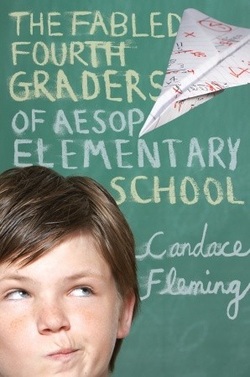
# 3 The Fabled Fourth Graders of Aesop Elementary School: For something silly, but meaningful, this is the perfect book.
The Fourth grade class at Aesop Elementary School has managed to terrorize every teacher they have ever had. That was until they met their new fourth grade teacher.
Each chapter is one of Aesop's classic fable's retold and ends with a moral. This is a nice way of teaching hyperbole and fables. It is also a great way of starting conversations about things that our students (and children) actually care about.
This book is written at a lower level, but even my upper leveled students enjoyed it. They find the ideas and antics humorous and each student has the one "chapter" that sticks with them more than the rest.
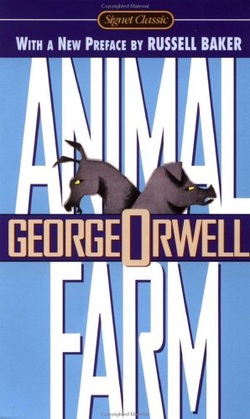
# 2 Animal Farm: Back to the serious novels.
After managing a successful coup the animals on Animal Farm are looking for a new group of leaders that will treat each animal as if they were kings and queens. They find the pigs instead.
This novel walks students through the progression of a true socialistic society and boldly points out the hypocrisies found in the inner workings of that type of political society.
This is also a fable in it's purest form. The animals talk, the pigs are the leaders, and all other animals are considered stupid. This book is amazing for teaching different governmental systems and for getting students to truly think about what is happening in the world around them.
Oddly enough Orwell was a believer in socialism when he wrote this book, yet he was still inspired to write a novel warning others about what could happen if (in his mind) leaders perverted socialism and became too greedy.
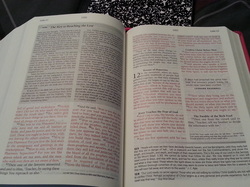
# 1 The Holy Bible: No list is complete without a real non-fiction read.
Christ said it best, "Jesus saith to him, 'I am the way, and the truth, and the life, no one doth come unto the Father, if not through me;" ~ John 14:6 (YLT)
The Bible is the ultimate truth. Every child should read it with their entire family. Pick any literary concept and it can be found in the Bible. Vocabulary enhancements run rampant for students who need an extended vocabulary and the moral, social, government, and life lessons in this book are obvious.
For our children to be truly successful in their life they need to know Him. The only way to know Him is through His word. The best part about the Bible? No matter how many times you read it, you gain something new each time. Finishing the Bible used to be something that people were once proud of, now it seems equivalent to scaling the world's tallest mountain. Something rarely.
Next time you're wondering what to have your child read next, this list should help. Granted it's only five books, but these books lead to many others that are just as inspiring and worthy as any classic for every child to read.
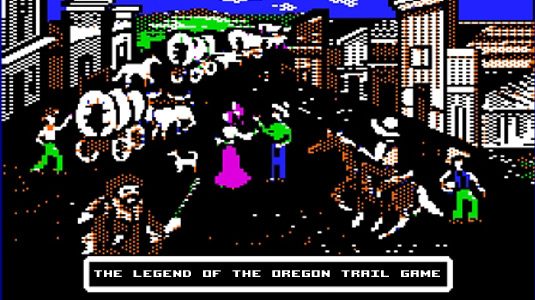



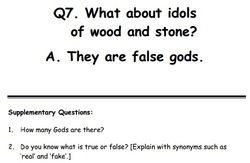
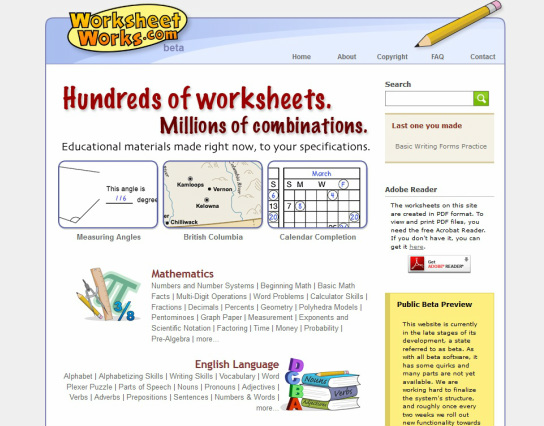


 RSS Feed
RSS Feed